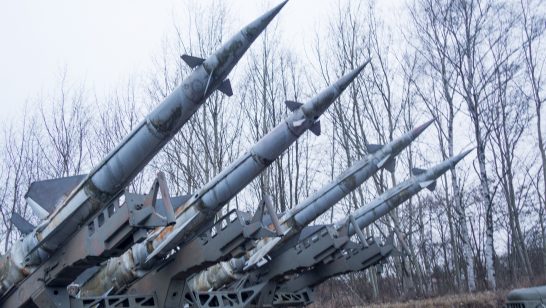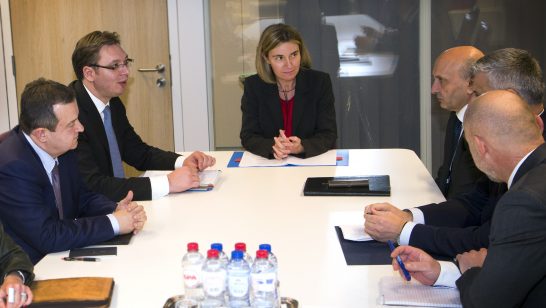
Russian Missiles and the Growing Security Crisis in Europe by David Kearn
David Kearn, Assistant Professor in the Department of Government and Politics at St. John’s University, stipulates that calls for developing and deploying INF forces by either Russia or the US will provide little military benefit, but could greatly complicate the Euro-Atlantic security environment.
‘While some have advocated a U.S. withdrawal from the Treaty, and perhaps a commitment to develop and deploy U.S. missiles, such a decision would be both premature and self-defeating. Instead, the Obama administration should focus on Russia’s diplomatic transgressions and aggressive overreach to galvanize the NATO alliance and confront Russia with a single, unified Euro-Atlantic coalition.’
Don’t help Russia destroy the INF Treaty by Pavel Podvig
Pavel Podvig, Senior Research Fellow at the UN Institute for Disarmament Research, argues that keeping the INF Treaty intact will serve Russia’s national security much better than rushing into new missile deployments.
‘Moscow’s international reputation is already in tatters after the incursions into Ukraine, so the political cost of the withdrawal [from the INF] may seem small compared to what Russia is already paying. This, however, does not mean that this cost is insignificant, so putting pressure on Russia may help deter it from taking that last step.’
The opinions articulated above represent the views of the author(s), and do not necessarily reflect the position of the European Leadership Network or any of its members. The ELN’s aim is to encourage debates that will help develop Europe’s capacity to address the pressing foreign, defence, and security challenges of our time.




